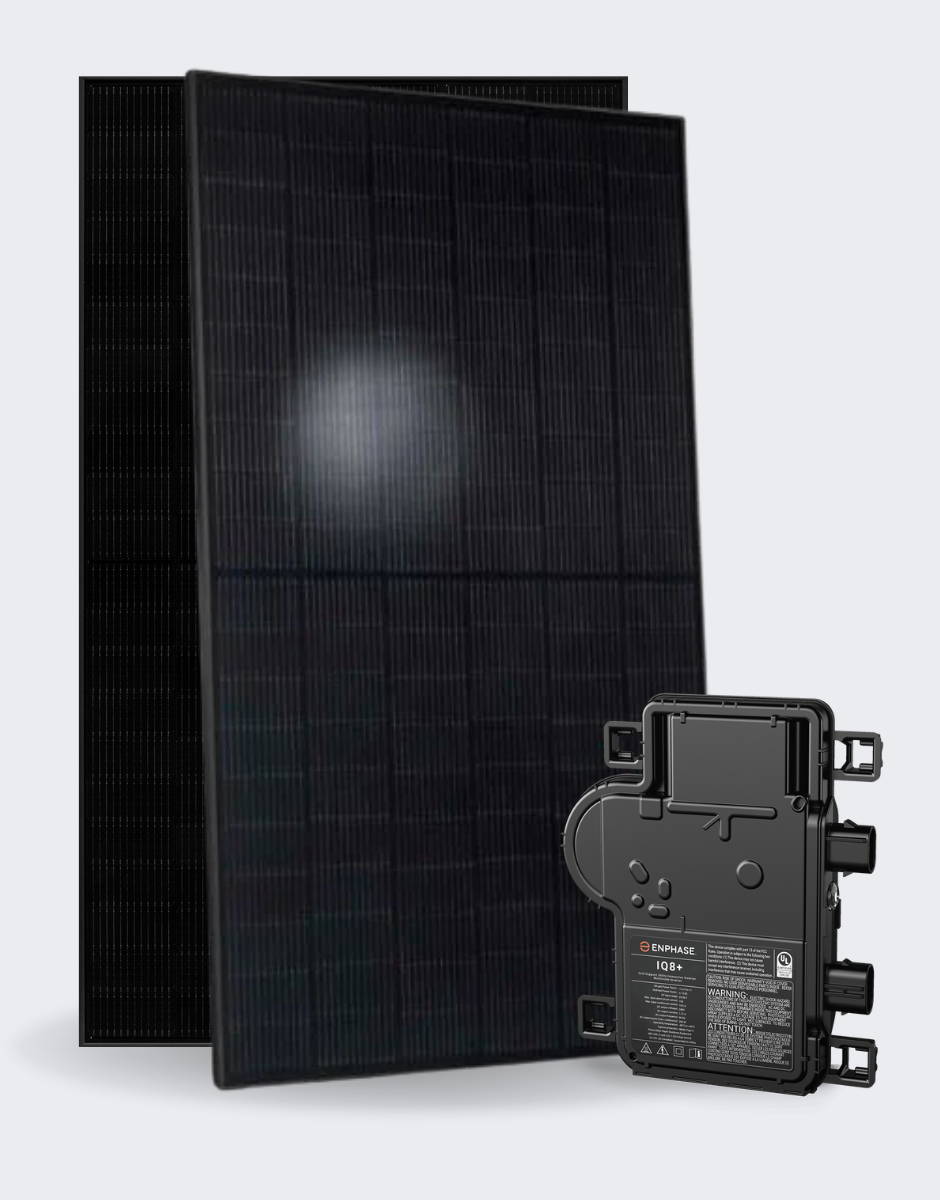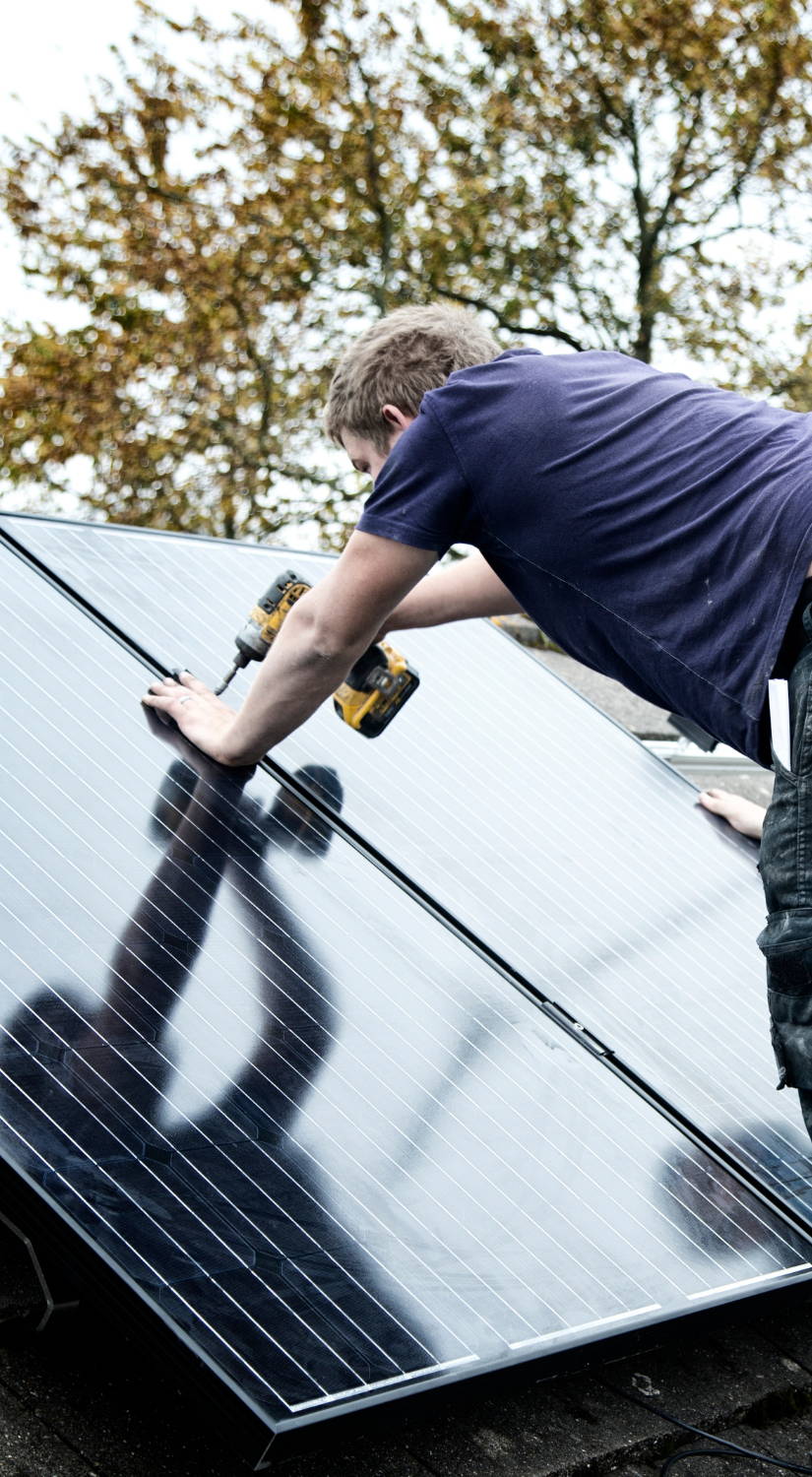How Should I Compare Solar Quotes?
Estimated reading time: 3 minutes
When customers see our prices, they’re often amazed—and sometimes even skeptical. Solar sales have historically been a Wild West of competing offers, with widely ranging prices, equipment offerings, financing options, and more.
At Project Solar, we’ve carefully analyzed each part of a solar quote to bring you the best value. If you’re choosing between Project Solar and a competitor, here are the most important factors to consider to ensure you're receiving the best bang for your buck:
Price Per Watt (PPW)
Solar systems are sized in watts or kilowatts. Generally, the higher the wattage of the system, the more power it will produce. Traditionally, residential solar systems have cost close to $4.00/watt, with some of the highest prices coming in at $6.00/watt.
To calculate the price per watt for a solar quote, take the total quoted price and divide it by the system size in watts (1 kW = 1,000 W).
For example, a 15 kW system priced at $35,000 would cost about $2.33/W. That’s a pretty good deal! (And close to Project Solar’s pricing.)
Project Solar decides price per watt based on system size. Bigger systems cost less per watt, and small systems cost more. To learn about our pricing model, check out this blog post.
Solar Equipment Quality
Project Solar offers high-quality equipment:
Black-on-black panels from Tier 1 manufacturers with high industry ratings and 25-year warranties, Enphase microinverters that allow for panel-by-panel monitoring, and IronRidge racking and mounting with a proven track record for waterproofing.
Especially when you’ve received a quote for a low price per watt, checking the quality of the equipment you’ve been offered is essential.
Check out this page to learn more about our equipment offerings.

Warranties for Equipment and Workmanship
At Project Solar, we offer 25-year warranties on panels, inverters, and racking, as well as a double-backed, 10-year workmanship warranty. This means that you’re covered if something goes wrong with your system.
We’ve chosen our warranty lengths and terms carefully to maximize value for our customers. For instance, almost all issues with workmanship become apparent within 5 years, so a 10-year workmanship warranty covers the vast majority of customers.
Some companies offer longer “bumper-to-bumper” warranties that cover everything for 25-30 years, but the price of the quote usually reflects the additional security that they offer, and most customers won’t take advantage of them.
Just like when buying a new car or phone, where you’re often offered “extended warranty” options, you’ll need to decide how to balance the risk that a problem with your system is not covered by warranty with the cost of security.
Check out this page to learn more about Project Solar’s warranties.

Company Reputation
A solar install is not as simple as some people think—thanks to permitting laws and the need for interconnection with your utility, there is significant planning, approval, and paperwork involved beyond the labor on the day of install. You need a company that is familiar with this process—look for one that has completed multiple installs in your state.
In addition, you’ll want to be aware of the company’s track record for customer service and the health of their business (especially if you intend to rely on them for warranty support). In some areas, small solar companies have been known to pop up and go out of business quickly, leaving customers with warranties high and dry. Other large solar companies have also closed after high volumes of complaints and legal action.
At Project Solar, we’re not perfect, but we are committed to providing the best customer experience in solar. Our team works with any customer complaints to personally to resolve their situation. We have completed thousands of installs across the United States, and we’ve maintained a 4.2-star rating on Google reviews and an A+ rating with the Better Business Bureau.